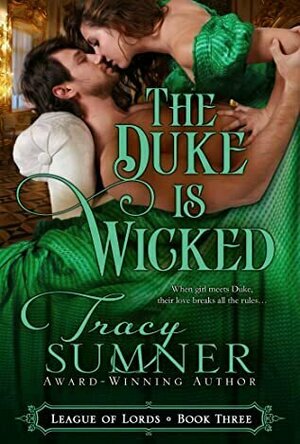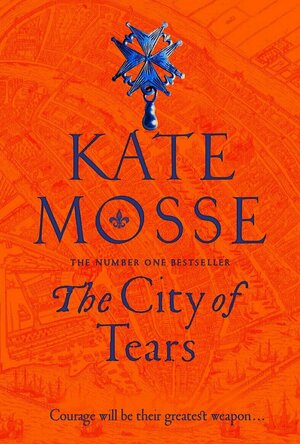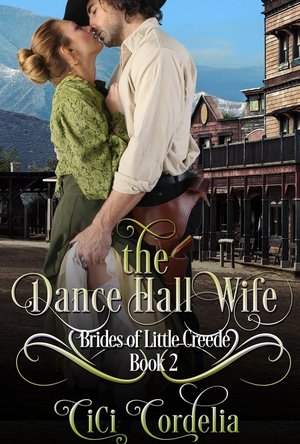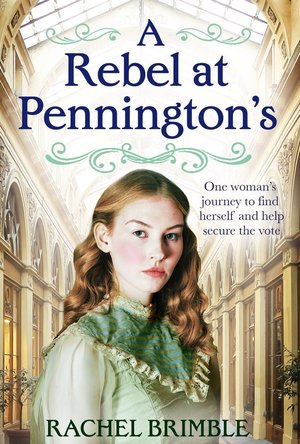
The Duke is Wicked (League of Lords #3)
Book
Leagues and lives apart, Delaney and Sebastian navigate a world they're not destined for together....
Historical Paranormal Romance Victorian

Monasterio de San Lorenzo de El Escorial
Travel and Entertainment
App
Discover with this official audio-guide the past and present of the Monastery of Yuste, through...
![Get Ligaen - 1. Division - Ice Hockey [Norway]](/uploads/profile_image/b81/51170fc7-5864-415b-bde8-ee4d47c38b81.jpg?m=1522362730)
Get Ligaen - 1. Division - Ice Hockey [Norway]
Sports and Entertainment
App
If you love Ice Hockey, this is what you were looking for ! This application allows you to check...

A Company of Monsters (The Sorcerers of Verdun #2)
Book
The year is 1917, and the Russian Empire is on verge of collapse. Florence Cavell—codename...
Historical Fantasy Fiction

A Certain Threat (Merriman Chronicles #1)
Book
With French Revolutionary agents travelling freely but secretly between Ireland and England and war...
Historical Fiction Naval Warfare Smuggling Royal Navy

The City of Tears (The Burning Chambers #2)
Book
Following #1 Sunday Times bestseller The Burning Chambers, New York Times bestseller Kate Mosse...

The Dance Hall Wife (Brides of Little Creede #2)
Book
CAT . . . Cat Purdue has come a long way from the days when her father used her as partial...
Historical Western

A Rebel at Pennington's (Pennington's #2)
Book
1911 Bath. Banished from her ancestral home, passionate suffrage campaigner, Esther Stanbury works...
Historical Romance/Saga

The Du Lac Prophecy (The Du Lac Chronicles #4)
Book
Two Prophesies. Two Noble Households. One Throne. Distrust and greed threaten to destroy the...
Historical Fantasy Romance
The Virgin Widow
Book
'I was a penniless, landless petitioner, my Neville blood a curse, my future dependent on the...
Historical Fiction
